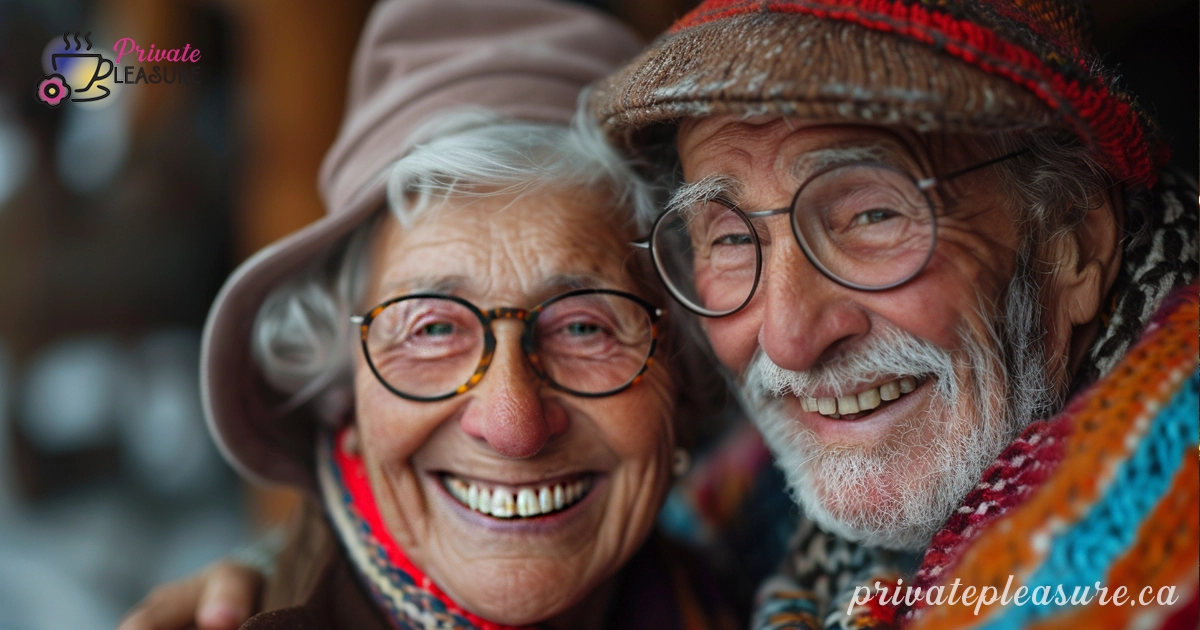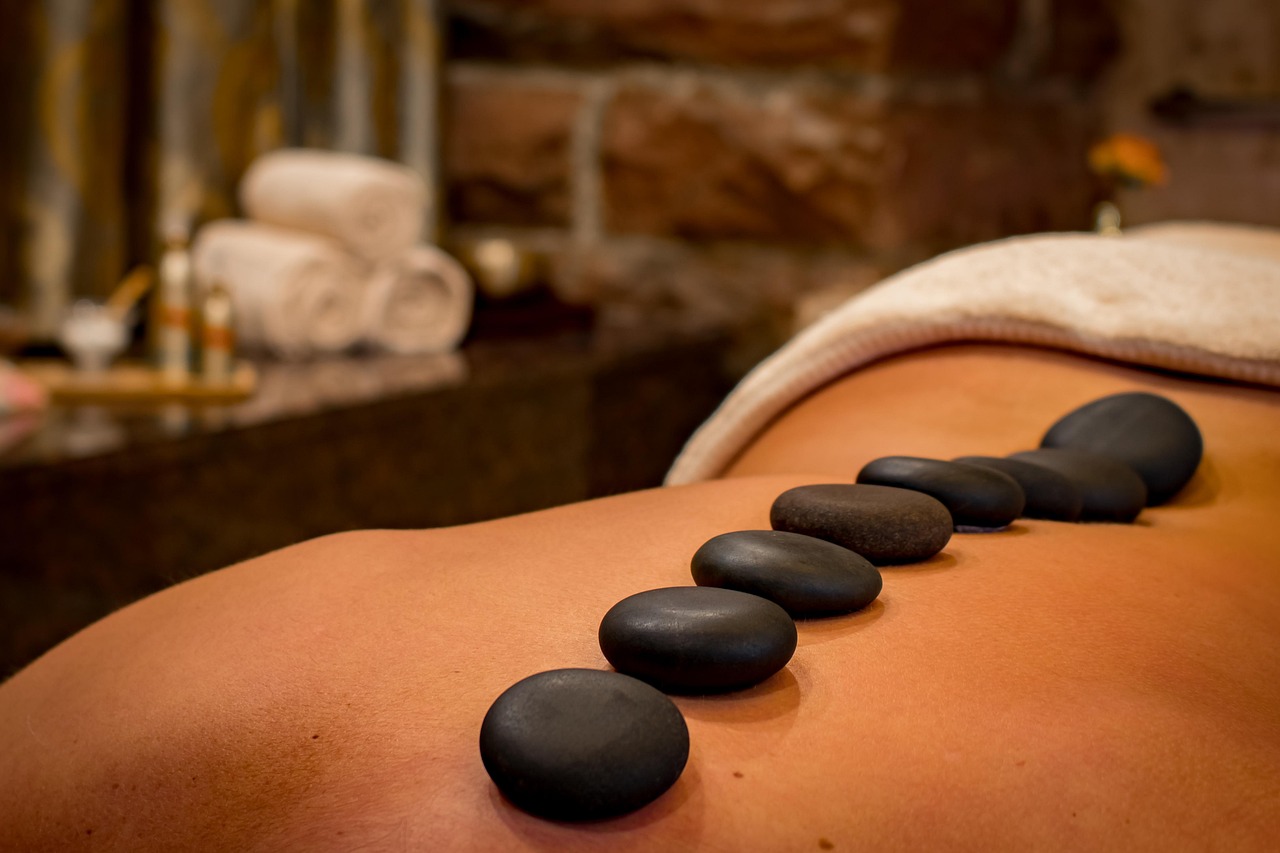As we age, our lives undergo numerous changes—physical, emotional, and social. Yet, one constant should remain unwavering: the pursuit of pleasure. Often, we associate youth with joy and excitement, but the golden years can be just as enriching, if not more so. This pillar page delves into how pleasure practices not only evolve but also play a vital role in enhancing quality of life as we age. We’ll explore the shifting landscape of what brings us joy in later life, the benefits of maintaining an active pursuit of pleasure, and practical tips for cultivating joy during these years. Whether you’re entering this stage yourself or you’re interested in how to support a loved one in maintaining a joyous life, this exploration will shed light on the importance of pleasure in aging and how to adapt to enjoy every moment fully.
Embracing Joy in Later Years: The Importance of Pleasure in Aging
Aging is an inevitable part of life, but that doesn’t mean it should be devoid of pleasure. In fact, finding joy in later years is crucial for mental, emotional, and physical health. Let’s explore how pleasure can be both a source of comfort and a powerful catalyst for well-being as we age.
Evolving Pleasures
As we move through life, our sources of joy tend to evolve. What delighted us in our twenties may not hold the same allure in our seventies. However, the capacity for pleasure does not diminish with age; it merely shifts.
- Adapting Activities: Physical limitations might change how we engage in certain activities, but they don’t have to limit our enjoyment. For example, someone who loved hiking might take up bird watching or garden walks, which are less strenuous but equally fulfilling.
- Intellectual and Creative Pursuits: Activities like reading, writing, painting, or playing music can maintain cognitive function and emotional health, offering deep and sustained pleasure.
Benefits of Pleasure in Aging
Engaging in pleasurable activities can have profound health benefits, particularly in later life.
- Mental Health: Activities that bring joy can significantly reduce the risk of common age-related mental health issues, such as depression and anxiety.
- Physical Health: Enjoyable physical activities, like dancing, yoga, or swimming, can help maintain mobility, balance, and cardiovascular health.
- Social Connections: Pleasure often comes from social interaction. Maintaining an active social life can improve longevity and the quality of life, reducing feelings of loneliness and isolation.
Strategies for Cultivating Pleasure
- Stay Curious: Learning new skills or taking up new hobbies can be a great source of pleasure and a way to keep the mind sharp.
- Maintain Social Contacts: Regularly interacting with friends, family, and community members can keep life joyful and engaging.
- Embrace Technology: Use technology to stay connected with loved ones, explore new knowledge areas, and even venture into virtual travel experiences.
- Volunteer: Giving back can be incredibly gratifying and can provide a sense of purpose and connection.
Challenges to Consider
While the pursuit of pleasure is beneficial, it’s not without its challenges in later life. Physical health issues, financial constraints, and the loss of loved ones can make it difficult to engage in previously enjoyed activities. However, adapting pursuits to current capabilities and exploring new sources of joy can provide meaningful engagement and satisfaction.
Never Too Late for Pleasure
The golden years can and should be filled with pleasure. By adapting to the evolving nature of what brings us joy, seniors can continue to live vibrantly and fully. Pleasure isn’t just for the young; it’s a lifelong journey that nourishes the soul at every age.
FAQs
How can caregivers support pleasure in aging?
- Caregivers can encourage and facilitate activities that seniors enjoy, provide transportation to social events, and help integrate technology that enhances their independence and enjoyment.
What if physical limitations prevent traditional forms of pleasure?
- Adapt and innovate. For instance, those who can no longer engage in physical sports might enjoy watching them, discussing them with friends, or engaging in fantasy sports leagues.
Exploring and embracing pleasure as we age is crucial for a fulfilling and joyful life. The strategies and insights discussed here aim to help seniors and their caregivers ensure that pleasure continues to enrich life’s later chapters.


